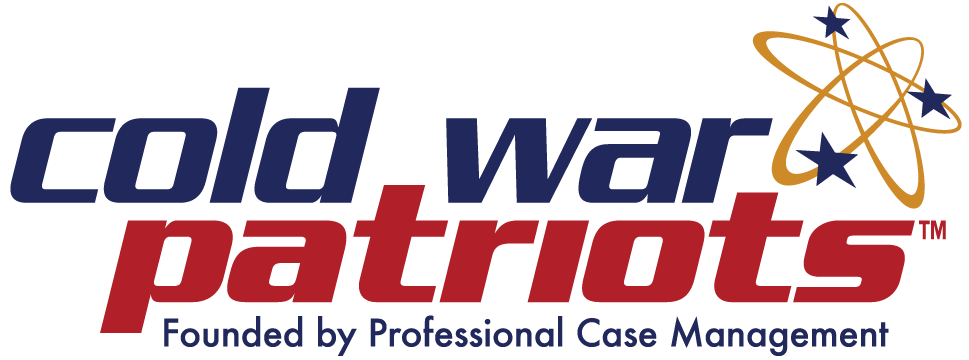
News & Events | CWP Admin
Cold War Patriots honor A-plant workers
October 31, 2016
October 31, 2016
CWP Admin
News & Events
BY CHRIS BALUSIK, [email protected]
PIKETON — Faces of the past stared back from a video screen at the visages of the present Friday morning in Piketon, visions of a time when the race to develop the United States’ nuclear weapons program was seen as essential to the country’s survival.
Nearing the eve of Sunday’s eight annual National Day of Remembrance for nuclear weapons workers, those who have contributed to that race at the former Portsmouth Gaseous Diffusion Plant were invited by the national Cold War Patriots organization to be honored for the work they’ve done over the years.
The national community resource organization created to both honor and provide resource assistance to those involved in America’s nuclear program conducts events like Friday’s across the country.
“We’ve done a bunch of them across the country and this is just one of many that have happened, but we like to be site-specific because this is sort of a little family that’s worked there — sometimes generations have worked at the A-plant,” said Talbot Fields, who conducted the event for Cold War Patriots.
The event included some opening remarks from Fields thanking those in attendance for their work enhancing the national defense; a news clip about Janine Anderson, who started the movement for a National Day of Remembrance shortly before her death; a video with historical photos and video from some of the key sites in America’s nuclear weapons production, including the one in Piketon; and a Department of Energy video tracing the history of that development from the inception of the Manhattan Project in 1941 through the Cold War.
Attendees then had the opportunity to enjoy a lunch, mingle and share stories with their fellow A-plant colleagues from different eras.
Jane Wilbur worked 23 1/2 years in a variety of positions, including such roles as clerk, secretary, reporting, steno pool and others.
“I was proud working there,” she said. “It was a prestigious thing to say ‘I worked at the A-plant.’ I was really tickled when I got the job.”
She said the portrayal in the video that those involved in the nuclear weapons program knew they were involved in something vital to the national security was an accurate one — as was the portrayal of a secrecy in which individual workers often didn’t really know how what they were doing fit into the bigger picture.
“(We knew it was) something big, yeah,” she said. “When I was there, they all wore suits and everybody was just all proper and everything was hush-hush.”
James Cornett also had a lengthy career in the nuclear weapons program, with 23 years at the Mound facility in Dayton before spending another 13 years at the Piketon plant. He joined the Cold War Patriots several years ago in support of its efforts and said that despite some of the risks and sacrifices that naturally come with that type of work, he has no regrets about having done it all these years.
“(I’m) proud to have been able to do it,” Cornett said.
Health risks did come along with working around radioactive materials during the decades of nuclear weapons production, and Fields explained to the more than 100 people attending that the organization is dedicated to not only honoring nuclear weapons workers, but to pointing them in the right direction to address those health concerns.
“Part of Cold War Patriots’ mission is to support them and be advocates to help them understand there are some resources out there for them,” Fields said. “We have the Department of Labor resource center here. We also have some workers screening programs, the Workers Health Protection Program as well as the building and trades, they’re available for workers on an intermittent basis to have a full health screening so they can catch any of the exposure-related illnesses.”
Before asking for a moment of silence for those workers who have lost their lives over the years, Fields commended the nuclear workers for helping to push back the darkness of tyranny and helping to preserve the world we live in today.
“I know that in some people’s minds, it was a job, but it was so much more than just a job you all did working at the A-plant, it helped to make peace,” he said.
